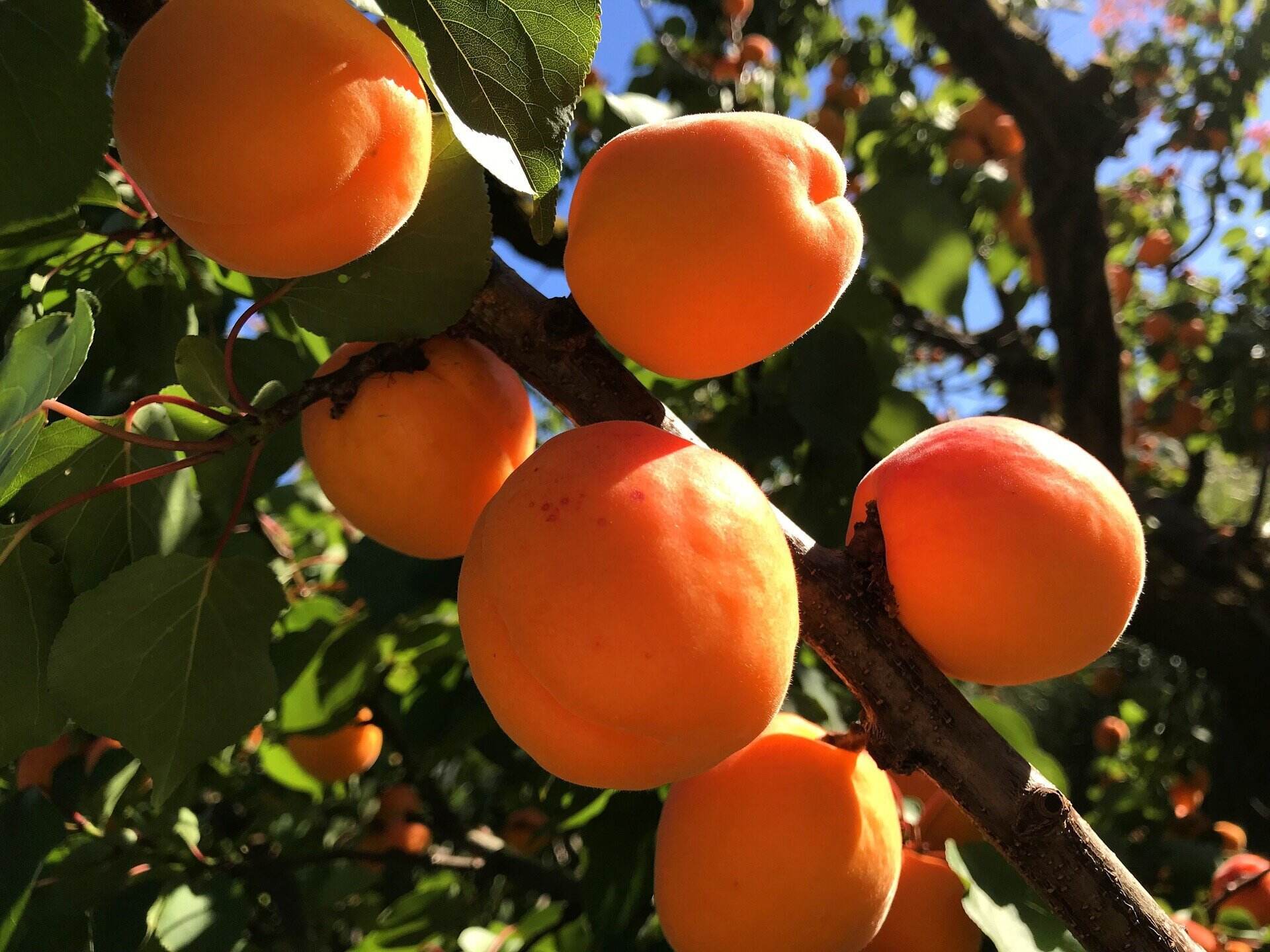
What makes the Siberian apricot so special? This hardy fruit tree, known scientifically as Prunus sibirica, thrives in some of the harshest climates on Earth. Siberian apricots can withstand temperatures as low as -40°F, making them a true marvel of nature. These apricots are not just tough; they are also packed with nutrients. Rich in vitamins A and C, they offer a healthy snack option. Their unique taste, a blend of sweet and tart, sets them apart from other apricot varieties. Additionally, the tree's beautiful pink blossoms add a splash of color to any landscape. Whether you're a gardener, a health enthusiast, or just curious, the Siberian apricot has something to offer.
What is a Siberian Apricot?
The Siberian apricot is a hardy fruit tree known for its resilience in cold climates. This tree, native to Siberia and parts of China, produces small, flavorful apricots that are packed with nutrients. Let's dive into some fascinating facts about this unique fruit.
- The Siberian apricot tree can withstand temperatures as low as -40°F, making it one of the hardiest fruit trees in the world.
- These trees can grow up to 20 feet tall, providing ample shade and beauty to any garden.
- The fruit of the Siberian apricot is smaller than the common apricot, usually about the size of a large cherry.
- Despite their size, these apricots are incredibly sweet and flavorful, often described as a mix between a peach and a plum.
- The tree's blossoms are a beautiful pink or white, adding a splash of color to the landscape in early spring.
- Siberian apricots are rich in vitamins A and C, making them a healthy addition to any diet.
- The fruit is also high in fiber, which aids in digestion and promotes a healthy gut.
- These apricots can be eaten fresh, dried, or used in cooking and baking.
- In traditional Chinese medicine, Siberian apricots are used to treat respiratory issues and improve lung health.
- The tree's wood is dense and strong, often used for making tools and furniture.
Growing Conditions and Care
Understanding the growing conditions and care requirements for Siberian apricots can help ensure a bountiful harvest. Here are some key points to consider.
- Siberian apricots prefer well-drained soil with a pH between 6.0 and 7.5.
- They thrive in full sun but can tolerate partial shade.
- These trees require regular watering, especially during dry spells, to produce the best fruit.
- Pruning is essential to maintain the tree's shape and encourage healthy growth.
- Siberian apricots are self-pollinating, meaning a single tree can produce fruit on its own.
- However, planting multiple trees can increase yield and improve fruit quality.
- These trees are relatively pest-resistant, but they can be susceptible to aphids and spider mites.
- Applying a layer of mulch around the base of the tree can help retain moisture and suppress weeds.
- Fertilizing in early spring with a balanced fertilizer can promote healthy growth and fruit production.
- Siberian apricots can take 3-5 years to start producing fruit, but the wait is well worth it.
Uses and Benefits
Siberian apricots are not only delicious but also versatile in their uses. Here are some ways you can enjoy and benefit from this fruit.
- Fresh Siberian apricots make a tasty and nutritious snack.
- They can be dried and stored for long periods, providing a sweet treat year-round.
- The fruit can be made into jams, jellies, and preserves.
- Siberian apricots are excellent in baked goods like pies, tarts, and muffins.
- The fruit can be used to make a flavorful apricot sauce for meats and desserts.
- In addition to their culinary uses, Siberian apricots have medicinal properties.
- The kernels inside the apricot pits contain amygdalin, which is believed to have anti-cancer properties.
- Apricot oil, extracted from the kernels, is used in skincare products for its moisturizing and anti-inflammatory effects.
- The leaves and bark of the tree have been used in traditional medicine to treat various ailments.
- Siberian apricots can also be used in making natural dyes for fabrics.
Fun Facts
Here are some fun and lesser-known facts about Siberian apricots that might surprise you.
- The scientific name for the Siberian apricot is Prunus sibirica.
- In some cultures, the Siberian apricot tree is considered a symbol of resilience and endurance due to its ability to thrive in harsh conditions.
The Final Scoop on Siberian Apricots
Siberian apricots are more than just a pretty fruit. They pack a punch with their nutritional benefits, offering vitamins, fiber, and antioxidants. These hardy trees thrive in cold climates, making them a unique addition to any garden. Their medicinal properties have been valued for centuries, aiding in everything from digestion to skin health. Plus, their culinary versatility means you can enjoy them in jams, desserts, or even savory dishes.
Growing Siberian apricots isn't too tricky either. With the right care, these trees can flourish and provide a bountiful harvest. Whether you're a gardening newbie or a seasoned pro, adding a Siberian apricot tree to your yard can be a rewarding experience. So, next time you think about planting something new, consider the resilient, nutritious, and versatile Siberian apricot. You'll be glad you did!
Was this page helpful?
Our commitment to delivering trustworthy and engaging content is at the heart of what we do. Each fact on our site is contributed by real users like you, bringing a wealth of diverse insights and information. To ensure the highest standards of accuracy and reliability, our dedicated editors meticulously review each submission. This process guarantees that the facts we share are not only fascinating but also credible. Trust in our commitment to quality and authenticity as you explore and learn with us.
